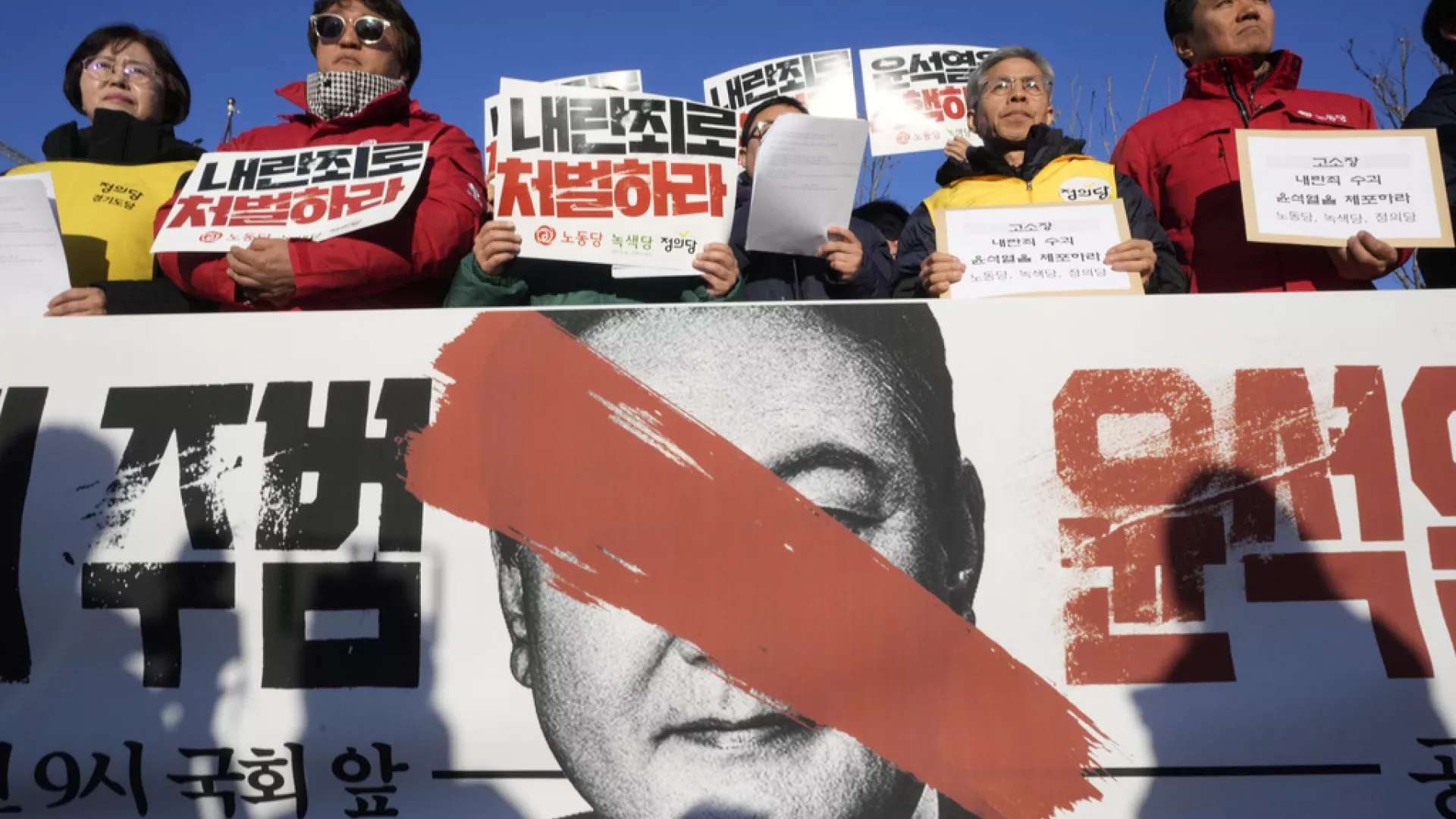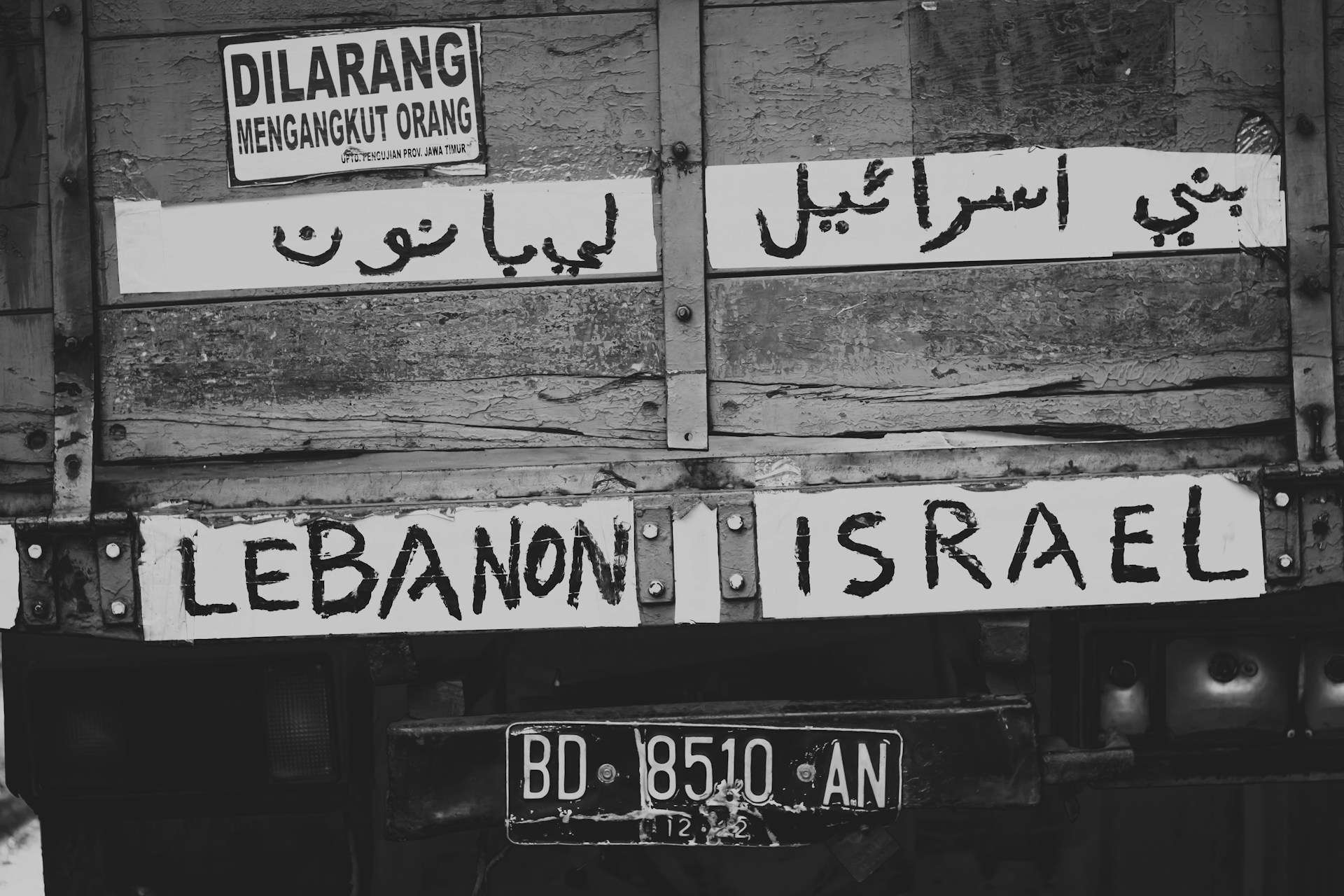
Syria’s Descent into Chaos: The Fall of Assad’s Regime and the War’s Toll
The Syrian crisis, a conflict that began as a hopeful cry for democracy, has spiraled into one of the most devastating humanitarian catastrophes of the 21st century. In March 2011, inspired by the Arab Spring uprisings sweeping the Middle East, Syrians took to the streets with dreams of reform and freedom. Their voices, filled with hope, demanded change in a nation where political dissent had long been met with repression.
What started as peaceful demonstrations turned into a nightmare. Bashar al-Assad’s regime responded with an iron fist, deploying live ammunition against protestors and imprisoning thousands. The cries for democracy were soon drowned out by the echoes of gunfire and the rumble of tanks. By 2012, the country had descended into a brutal civil war, its landscapes littered with ruins and its people scattered across borders, desperately seeking refuge.
Amidst the chaos, Syria became the stage for a geopolitical tug-of-war. Regional powers and global superpowers waded into the fray, each pursuing their own agendas. The United States and its allies backed opposition forces, while Russia and Iran, determined to preserve their influence in the region, propped up Assad’s faltering regime. What had started as a domestic conflict now bore the hallmarks of a proxy war, with Syria’s future hanging in the balance.


